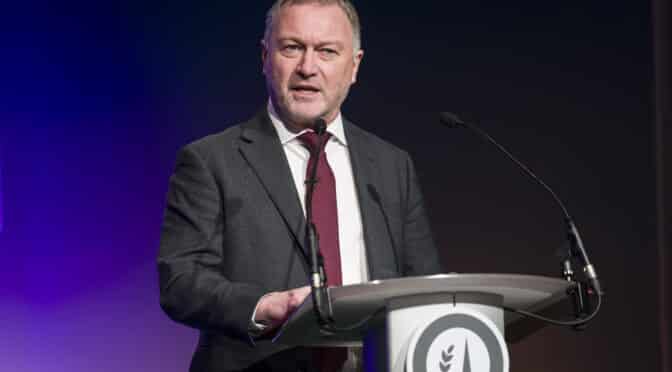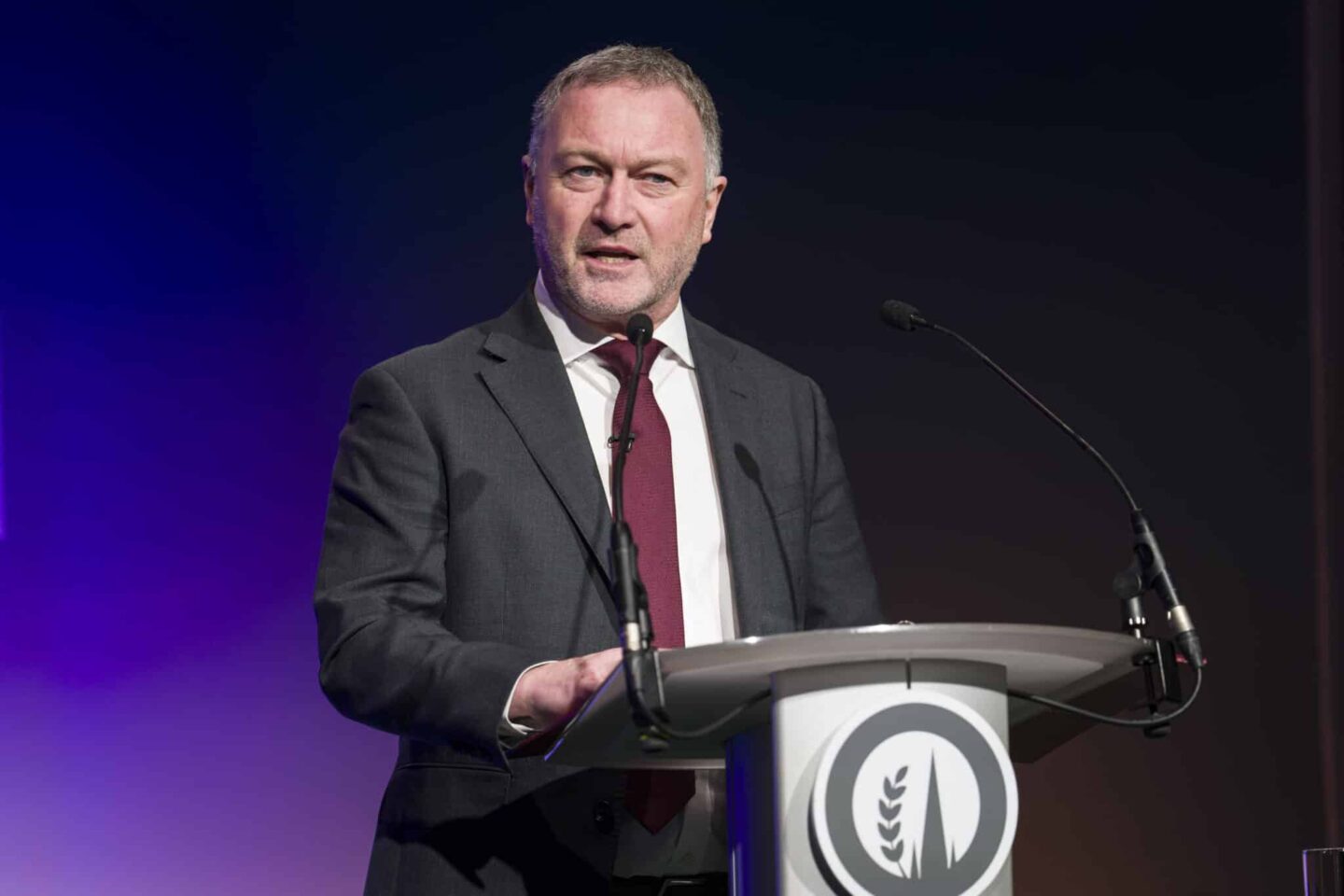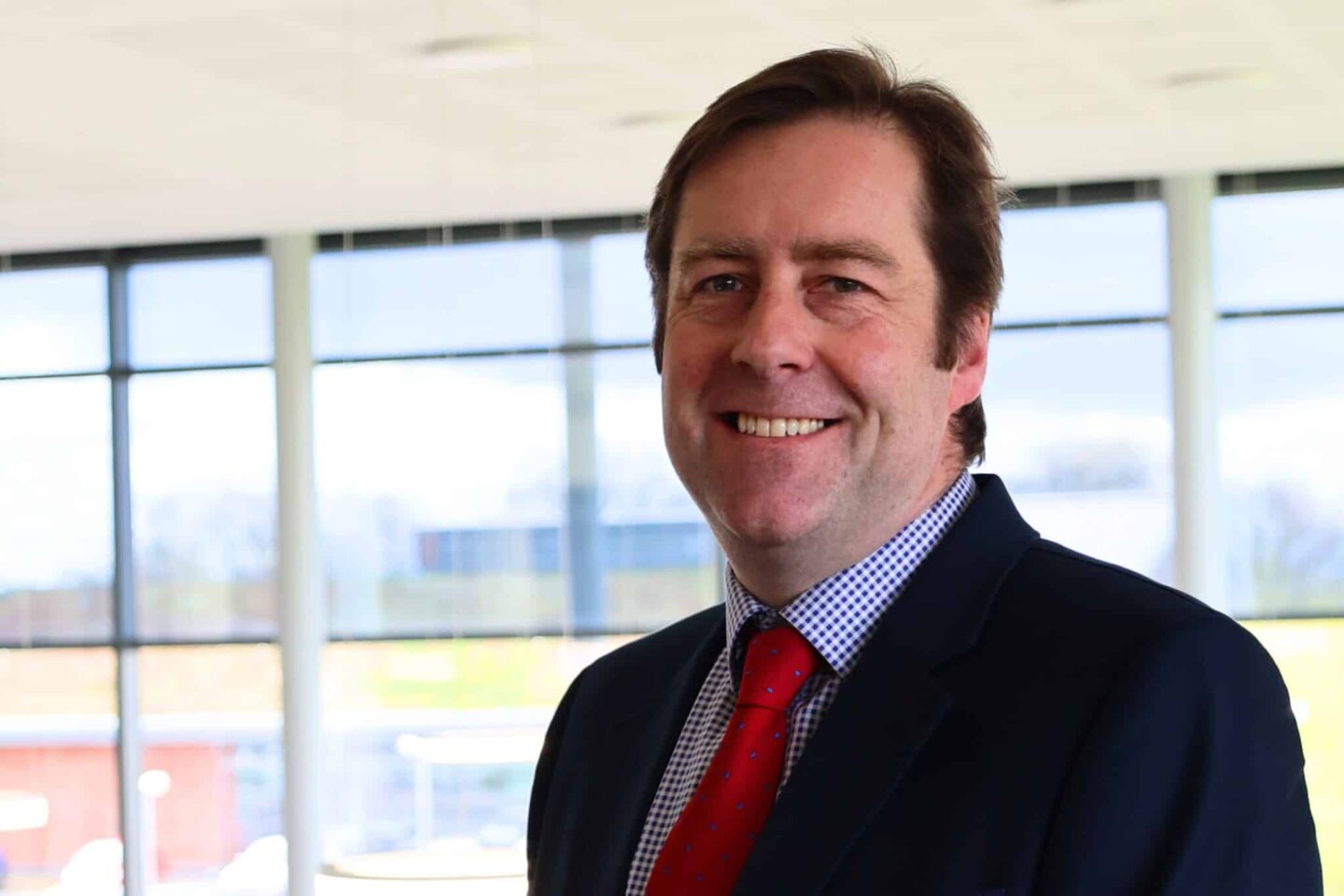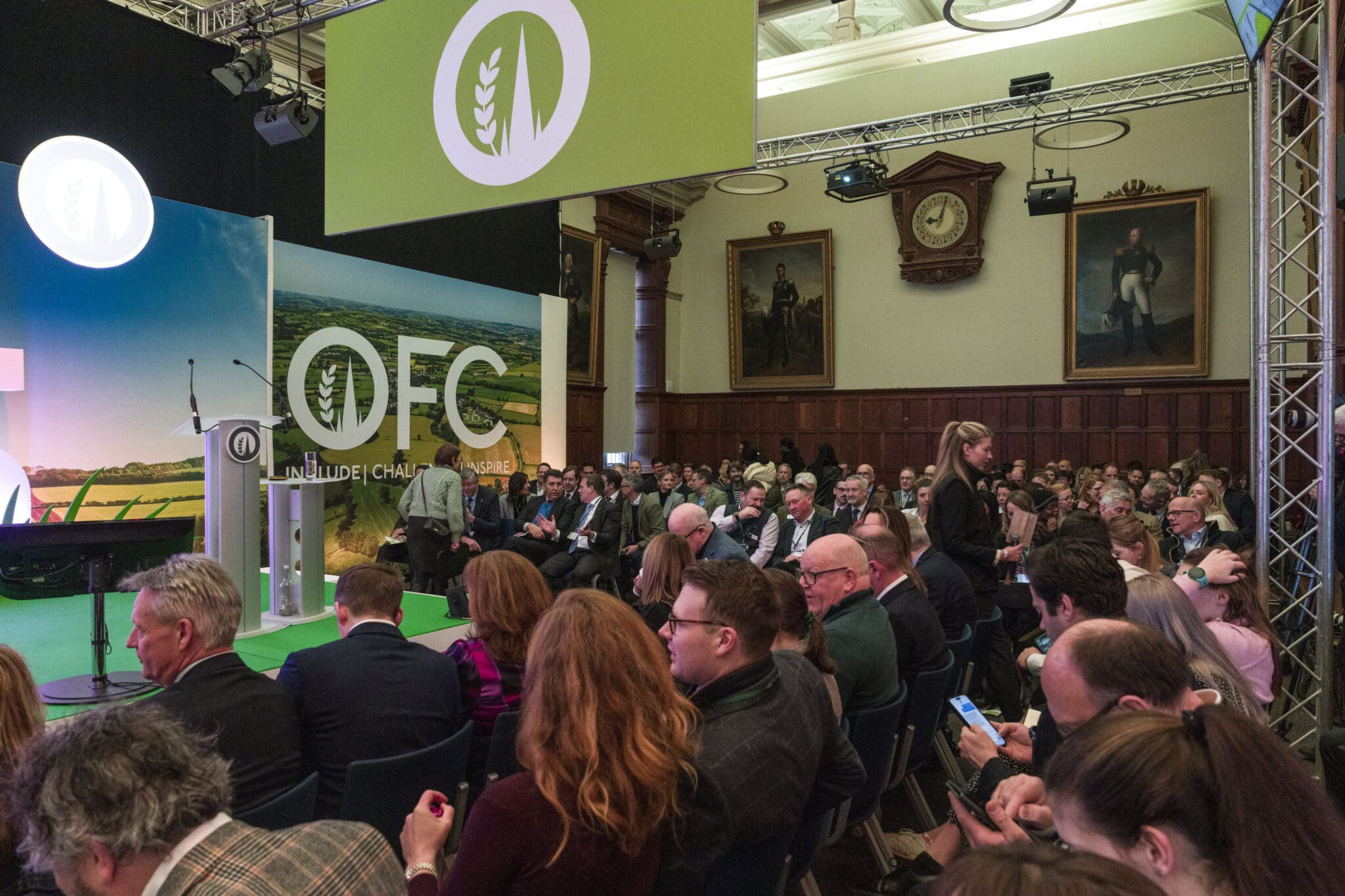As the world moves toward renewable energy and large-scale electrification, the need for efficient energy systems has never been greater. To address this challenge, Jacobs, a global leader in science-based consulting and sustainability solutions, has joined the Current/OS Foundation—a non-profit organisation dedicated to creating unified standards for Direct Current (DC) installations.
The collaboration aims to support the development of DC microgrids, which complement the public energy grid and improve the integration of renewable energy, battery storage, and smart technologies.
Why Direct Current Matters
The rise of renewable energy sources like solar panels and battery storage has highlighted the benefits of DC power. Unlike traditional Alternating Current (AC), which requires conversion, DC power is generated, stored, and consumed natively by many modern devices and systems.
According to Adam Selvey, Built Environment Systems & Sustainability Director at Jacobs:
“We are currently in the largest mass-scale electrification since the end of the 19th century. To reduce our reliance on fossil fuels, the UK grid may need to nearly triple its current capacity. DC networks in buildings, as Edison originally envisioned, can play a critical role in meeting these demands.”
By adopting unified DC standards through initiatives like Current/OS, Jacobs and its partners hope to accelerate the transition to a more efficient and sustainable energy future.
Aligning with Clean Power 2030
The partnership also aligns with the goals outlined in the Clean Power 2030 (CP2030) report, which charts a decade-long transformation of the energy grid to support increased electrification. Jacobs plans to leverage its involvement with the Current/OS Foundation to:
- Develop DC pilot projects in the UK.
- Share insights from international DC projects.
- Enhance skills across the supply chain for Building Service Engineers.
- Establish the UK as a global leader in DC deployment within buildings.
Jacobs’ Role in the Foundation
Welcoming Jacobs to the organisation, Yannick Neyret, President of the Current/OS Foundation, stated:
“Jacobs’ expertise in British infrastructure and their ability to add value across the supply chain will be critical in making the UK a leader in DC adoption.”
With their extensive experience in sustainability and infrastructure, Jacobs is well-positioned to contribute to the Foundation’s mission of creating unified DC standards.
About the Current/OS Foundation
The Current/OS Foundation brings together manufacturers and suppliers to develop standards for DC installations. These standards aim to ensure safe and compatible operation of DC equipment in localised microgrids, making the integration of renewable energy more efficient and reliable.
Jacobs: Reinventing Tomorrow
Jacobs is known for tackling the world’s most complex challenges, from advanced manufacturing to sustainable energy. With almost 45,000 employees and $12 billion in annual revenue, the company is a global leader in delivering end-to-end solutions for a more connected, sustainable world.
Why This Matters
The transition to Direct Current (DC) is a key step in the global push for sustainability. By collaborating with the Current/OS Foundation, Jacobs is helping to pave the way for more efficient energy systems that can handle the demands of increased electrification.
From renewable integration to smart building technologies, the future of energy looks bright—and increasingly DC-powered.
What are your thoughts on the shift to DC networks? Could this be the game-changer we need for sustainable energy? Share your opinions in the comments below!
For more information, visit currentos.foundation and jacobs.com.





